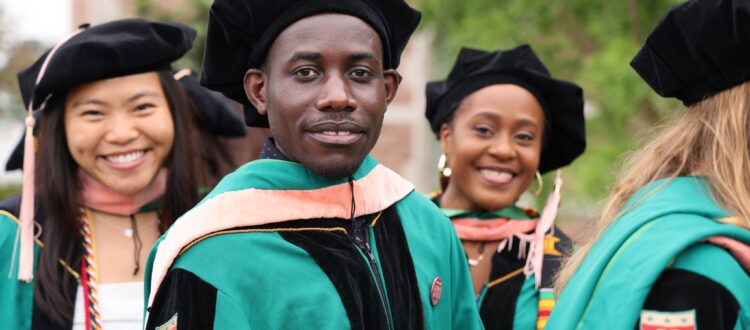ICHAD at the Brown School Celebrates Eleven Team Members Entering Graduate Programs
The International Center for Child Health and Development (ICHAD) at the Brown School at Washington University in St. Louis (WashU) has a strong track record of investing in the next generation of scholars. It does so by supporting young scholars to grow and advance in their education and research careers. ICHAD is deeply committed to creating opportunities and providing mentorship to promising early career researchers with an interest in global social work and public health.
To date, over 20 ICHAD team members have gone on to pursue advanced degrees to further their interests and skills in these disciplines. This year, ICHAD is celebrating a record number of eleven field staff and research assistantsthat have been admitted to Masters and Ph.D. programs. Each individual has made valuable contributions to the Center’s work to support vulnerable children and families in sub-Saharan Africa.
|
Study Coordinator, ICHAD-Brown Program: Ph.D. in Social Work School: Brown School of Social Work |
Study Coordinator, ICHAD-Uganda Program: Ph.D. in Social Work School: Brown School of Social Work |
Graduate Research Assistant, ICHAD-Brown Program: Ph.D. in Social Work School: University of North Carolina at Chapel Hill School of Social Work |

Claire Najjuuko Senior Data Manager, ICHAD-Uganda Program: Ph.D. in Computational and Data Sciences School: McKelvey School of Engineering |

Dr. Raymond Atwebembere Study Coordinator, ICHAD-Uganda Program: Master of Public Health School: Brown School of Social Work
|

Sulaiti Mutebi Data Clerk, ICHAD-Uganda Program: Master of Public Health School: Brown School of Social Work |

Francis Ssenabulya Ssemujju Deputy Study Coordinator, ICHADUganda Program: Master in Public Health School: Brown School of Social Work |

Herbert Migadde Study Coordinator, ICHAD-Uganda Program: Master of Social Work School: Brown School of Social Work |

Fatumah Nakabuye Deputy Study Coordinator, ICHAD- Uganda Program: Master of Social Work School: Brown School of Social Work |

Kingsley Kumbelim Study Coordinator, SMART Africa and ANZANSI studies in Ghana Program: Master of Social Work School: Brown School of Social Work |

Scovia Nassaazi Head of Qualitative Interviews, Transcription, and Translation Study Coordinator, ICHAD-Uganda Program: Master of Social Work School: Brown School of Social Work |
Ms. Nassaazi has been with ICHAD from its very early days. In 2004, she was recruited as a participant in Dr. Ssewamala’s first pilot study, called SEED (Saving for Education, Entrepreneurship, and Down Payment). Her school was a participating school in the study and as a young child, she was able to benefit from the economic strengthening intervention for orphans. The matched funds that she received in the program enabled her to complete high school. She eventually went on to complete a Bachelor of Arts in Education at Muteesa 1 Royal University Uganda. During her undergraduate studies, she was hired at ICHAD as a part-time student research assistant, which set her on a career and educational course she couldn’t have imagined as a young child.
She said, “[Being hired by ICHAD] was a dream come true for me, because it not only offered me an opportunity to earn and pay for school but also offered me the field and practical experience to work with poor orphaned and vulnerable children,” said Ms. Nassaazi. Working with these children and families as a fulltime member at ICHAD Uganda for six years now, together with her personal experiences motivated her to acquire more training in social work.
Dr. Ssewamala also expressed his proud sentiments, “We are very proud of the hard work our staff have put into their roles within ICHAD and are thrilled for their success in being admitted to a top research university in the United States. We will continue to support them as they progress in their education. These are promising emerging social and data scientists who have so much potential to return to their communities and implement evidence-based interventions that will further improve the lives of vulnerable families. They will become the leaders in their fields to inspire and provide opportunities for future generations of scientists.”


 Portia Nartey, MSP/MSP
Portia Nartey, MSP/MSP Rashida Namirembe, MSW
Rashida Namirembe, MSW Solomon Achulo, MSW
Solomon Achulo, MSW